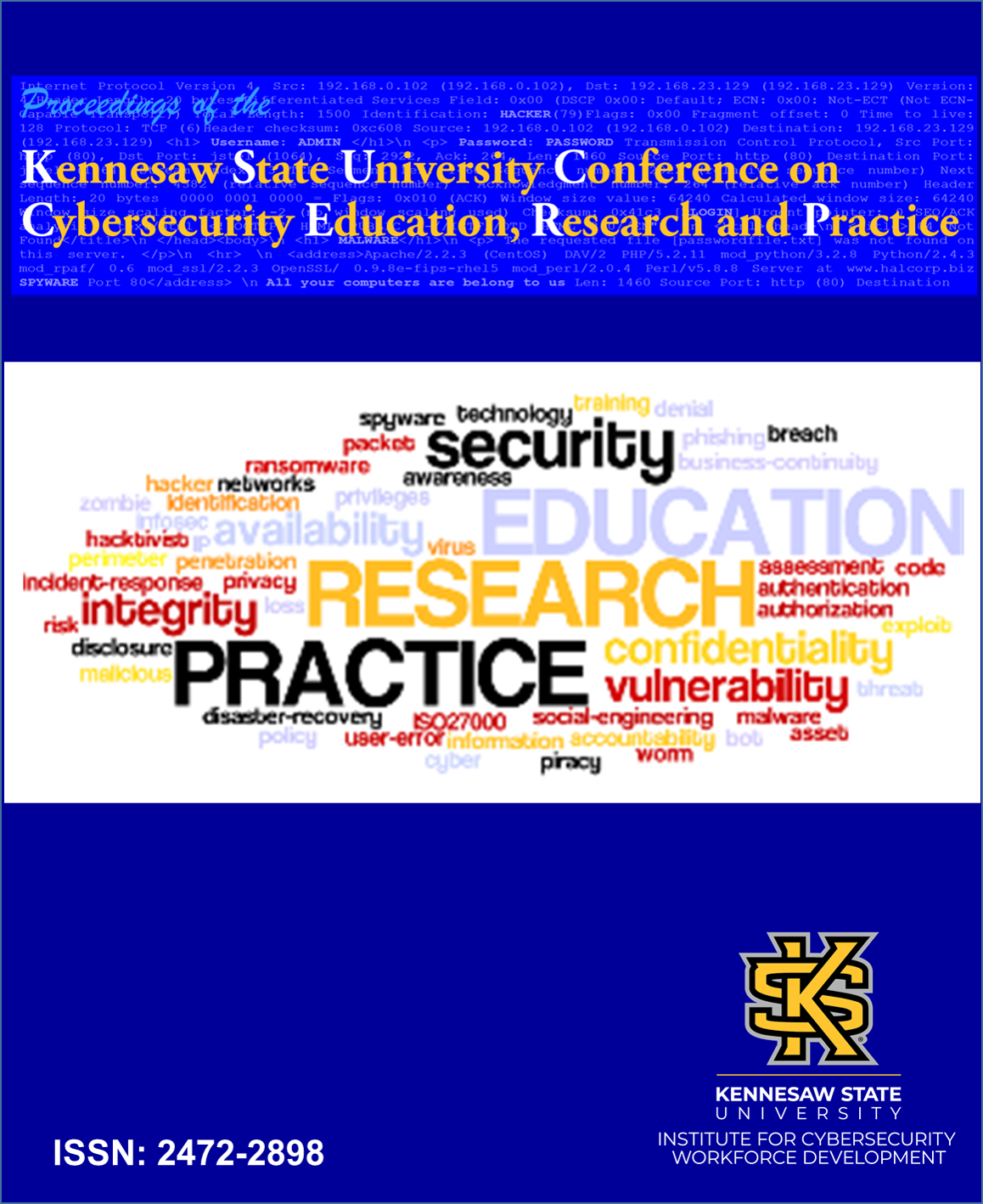Exploring Information Privacy Concerns During the COVID-19 Pandemic: A Juxtaposition of Three Models
Abstract
Government agencies across the globe utilize mobile applications to interact with constituents. In response to the global pandemic, several nations have employed contact tracing services to manage the spread of COVID-19. Extent literature includes various models that explore information privacy. Several researchers have highlighted the need to compare the effectiveness of diverse information privacy models. To fill this gap, we explore the impact of information privacy concerns on citizens’ willingness to download a federal contact tracing app. In particular, we compare three types of prevalent information privacy concerns: global information privacy concerns (GIPC), concern for information privacy (CFIP), and internet users’ information privacy concerns (IUIPC). The results of an online survey administered to 209 citizens reveal that in all models trusting beliefs increase adoption intentions while risk decreases them. However, IUIPC is the only privacy construct that significantly reduces trusting beliefs.
DOI
10.32727/28.2024.5
Included in
Information Security Commons, Management Information Systems Commons, Technology and Innovation Commons
Exploring Information Privacy Concerns During the COVID-19 Pandemic: A Juxtaposition of Three Models
Government agencies across the globe utilize mobile applications to interact with constituents. In response to the global pandemic, several nations have employed contact tracing services to manage the spread of COVID-19. Extent literature includes various models that explore information privacy. Several researchers have highlighted the need to compare the effectiveness of diverse information privacy models. To fill this gap, we explore the impact of information privacy concerns on citizens’ willingness to download a federal contact tracing app. In particular, we compare three types of prevalent information privacy concerns: global information privacy concerns (GIPC), concern for information privacy (CFIP), and internet users’ information privacy concerns (IUIPC). The results of an online survey administered to 209 citizens reveal that in all models trusting beliefs increase adoption intentions while risk decreases them. However, IUIPC is the only privacy construct that significantly reduces trusting beliefs.


